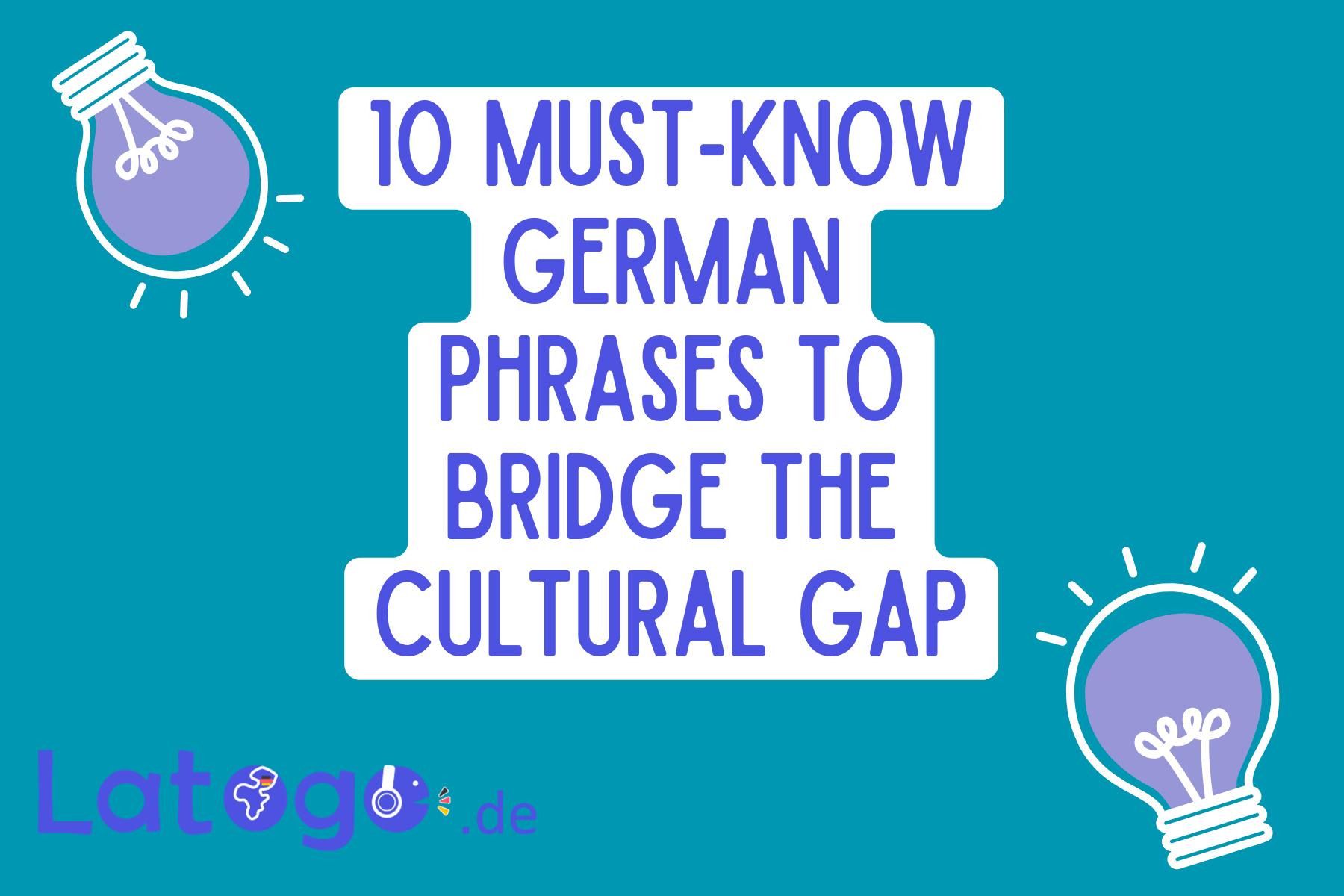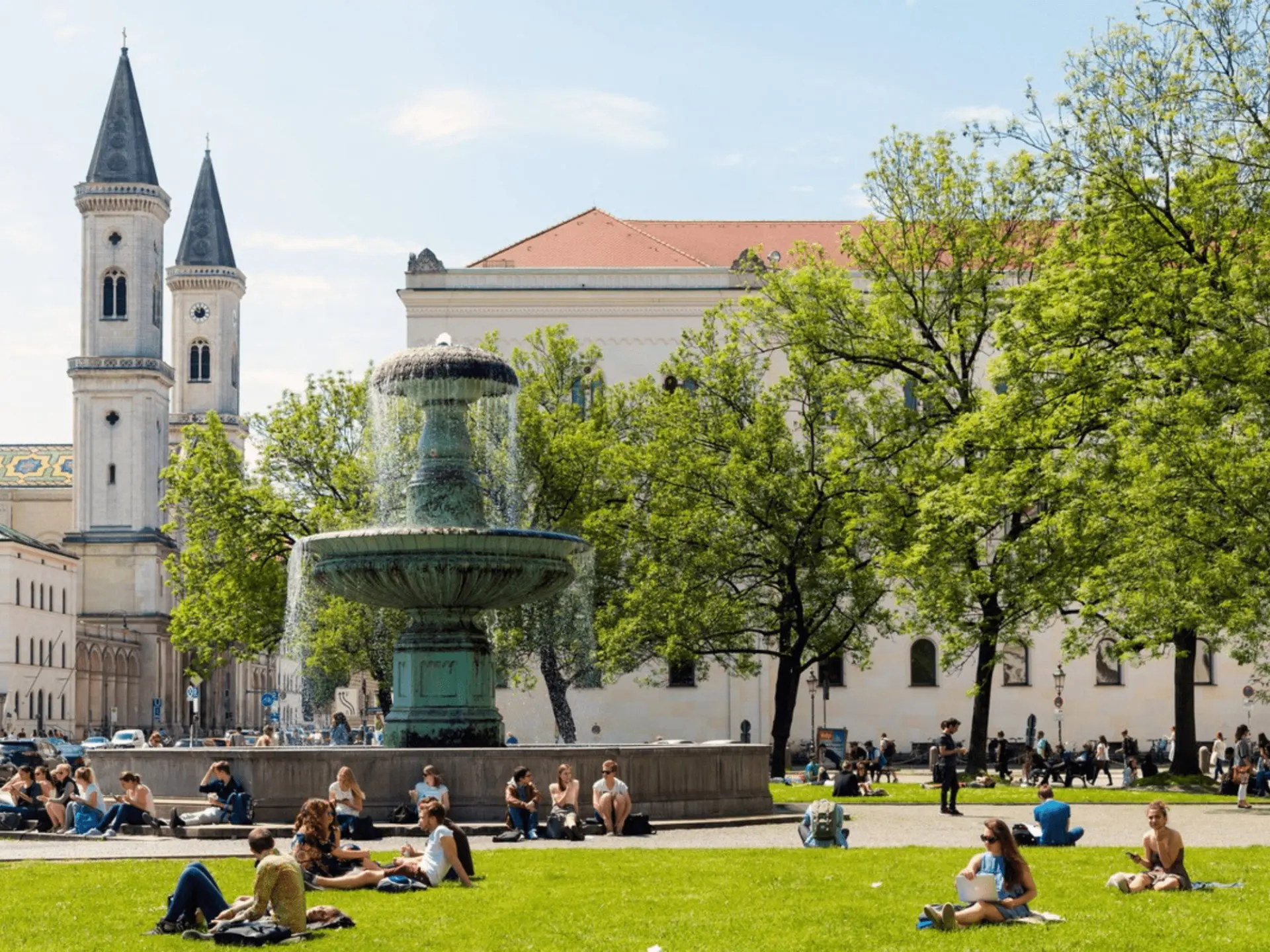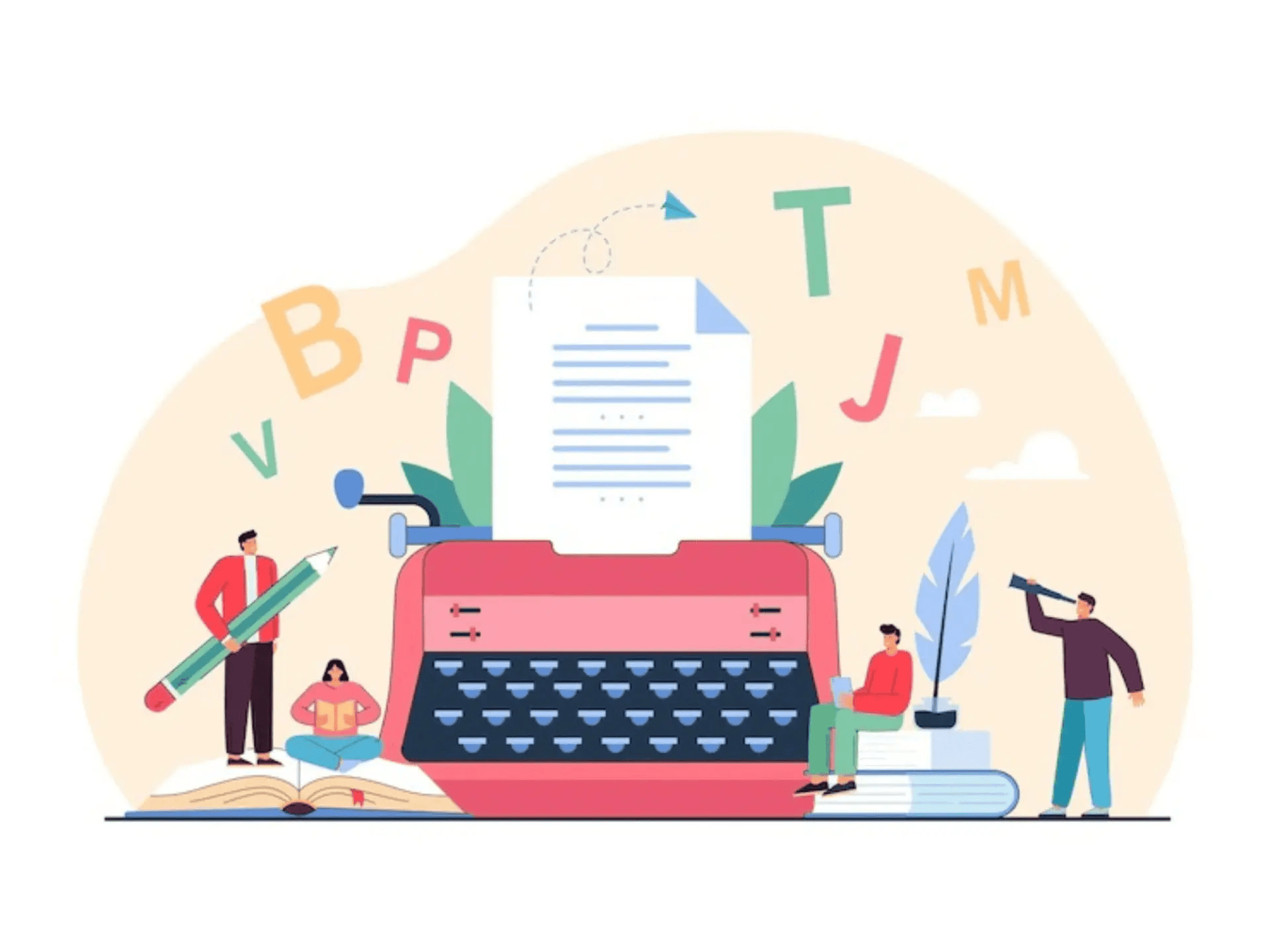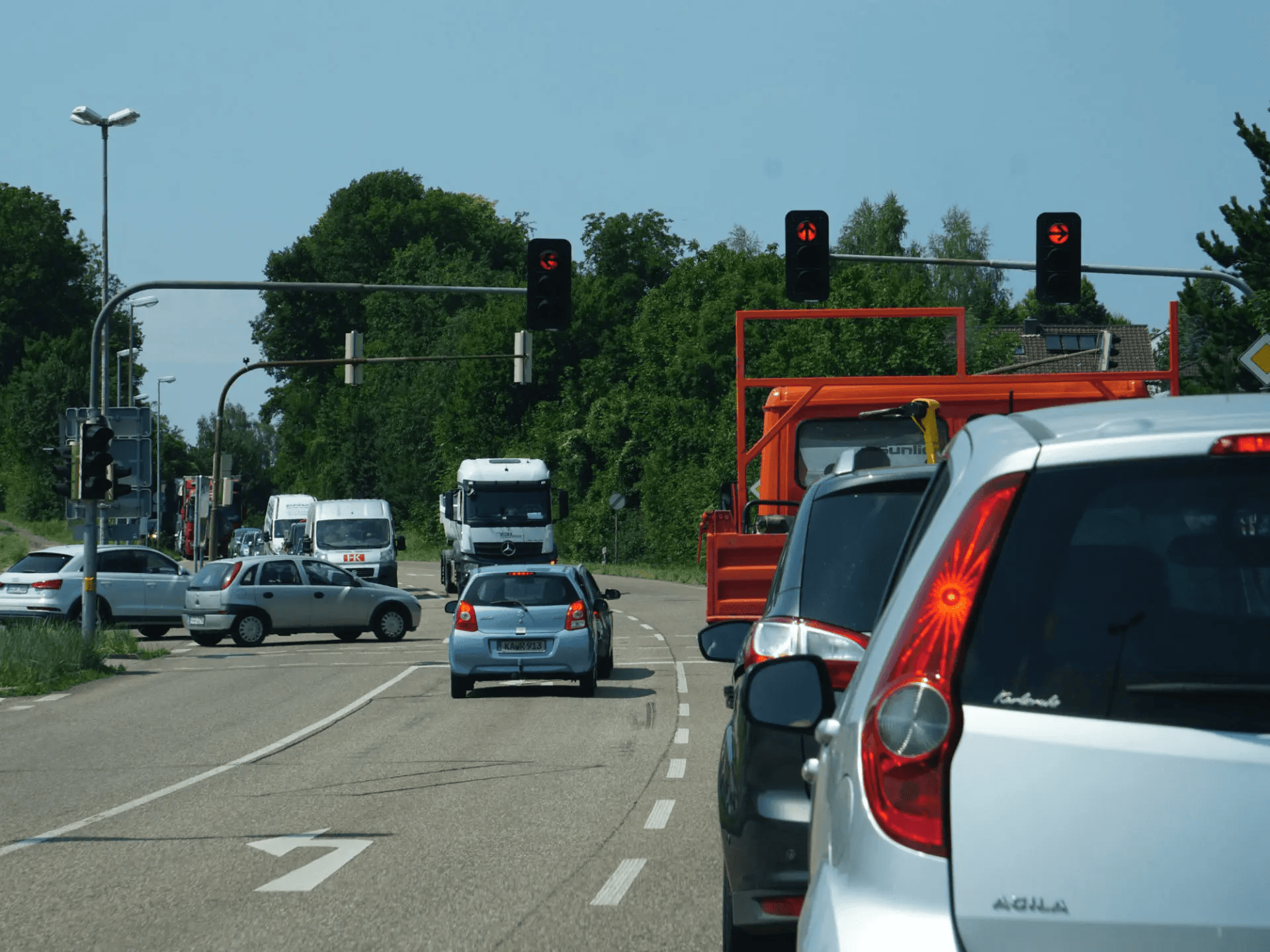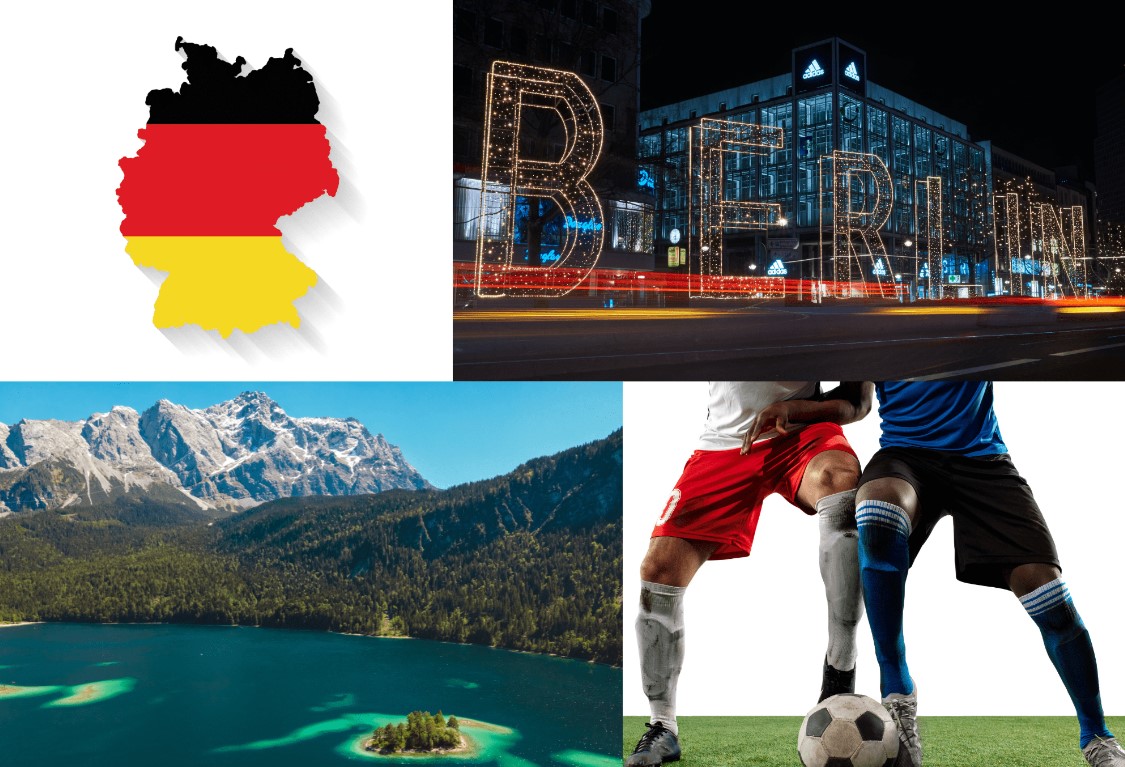10 Must-Know German Phrases To Bridge the Cultural Gap
Imagine yourself as a curious explorer, wandering through the winding streets of a picturesque German town. The aroma of freshly baked bread wafts through the air, mingling with the lively chatter of locals. A vibrant world awaits, filled with fascinating stories and unexpected connections, but a lingering fear holds you back – the fear of stumbling over foreign words and phrases.
Welcome to the world of everyday German phrases – your passport to a richer, more immersive adventure. With just a handful of these powerful expressions, you’ll be equipped to navigate daily conversations with ease, from friendly greetings to expressing your thoughts and needs.
Los geht’s!
Regional Flavors: Local Phrases from Across Germany
You will hear different local vernacular daily, varying on the region. For example, in northern Germany, you might hear “Moin Moin!” instead of “Guten Tag,” while in Bavaria, you might hear “Servus.” In Schwaben, you might hear “Grüßle!” which sounds similar to the Swiss “Grüezi!” All these phrases are ways of saying hello.
Now, let’s dive into ten phrases you will hear all the time, all over Germany.
Essential Phrases for Everyday Life
Mahlzeit! - Enjoy your meal!
Usage: A casual lunchtime greeting, typically used between 11 AM and 2 PM.
Tip: Avoid using it outside of mealtimes to maintain its cultural significance.
Wie geht's?, Was geht ab?, oder Na, alles klar? - How are you?, What's up?, So, everything clear?
Usage: Wie geht's? is suitable for both formal and informal settings, while Was geht ab? and Na, alles klar? are more casual.
Common Responses: Es geht (I'm okay), Alles ist in Ordnung (Everything is in order), or Mir geht's gut (I'm doing well).
Ich verstehe nur Bahnhof - It's all Greek to me
Usage: A humorous way to admit you're completely lost or don't understand something.
Pronunciation Tip: Break down "Bahnhof" into two parts: "Bahn" (baan) and "hof" (hohf). Practice saying it slowly, then increase your speed.
Ja, ich bin dabei - Yes, I'm in
Usage: Perfect for showing your willingness to participate in casual plans with friends.
Tip: Avoid using it for formal invitations, where a more polite response is expected.
Die Nase voll haben - To be fed up
Usage: Express your frustration or weariness with a situation by saying Ich habe die Nase voll.
Tip: Reserve this phrase for casual conversations, not serious or formal complaints.
Auf jeden Fall - In any case
Usage: Emphasize your determination, strong agreement, or conviction.
Tip: Use it sparingly to maintain its impact, such as when confirming an important meeting or expressing a firm opinion.
Einen Augenblick, bitte! - One moment, please!
Usage: A polite way to ask someone to wait briefly.
Tip: Use it when you genuinely need a moment, not as a filler phrase.
Was möchten Sie? - What would you like?
Usage: Polite and direct, this phrase is useful in customer service or when offering help.
Tip: Stick to the formal Sie form in professional interactions.
Common Responses: Ich hätte gern… (I would like…).
Wie viel kostet das? - How much does it cost?
Usage: Essential for shopping and inquiring about prices.
Example Dialogue:
Customer: Entschuldigung, wie viel kostet diese Tasche?
Shopkeeper: Die Tasche kostet 59,99 Euro.
Customer: Danke schön!
Schön, dass du da bist. Ich freue mich! - It's nice that you're here. I'm glad!
Usage: A warm, sincere way to welcome someone and express happiness about their presence.
Tip: Use this phrase when you genuinely mean it to convey warmth and friendliness.
Must-Know Basics
Bitte - Please / You're welcome
Entschuldigung - Excuse me / Sorry
Danke - Thank you
Tschüss - Bye
Keine Ahnung - No idea
Ready to sound like a local? Start using these phrases today and watch how quickly you blend in with native speakers. Remember, practice makes perfect, and every conversation is a step closer to fluency.
But your language learning journey doesn't stop here. To truly unlock the full potential of these phrases and take your German skills to the next level, you need a supportive community and experienced guides by your side.
That's where Latogo comes in. Our personalized lessons, tailored to your unique goals and learning style, provide the perfect environment to practice these essential phrases and gain the confidence you need to use them in real-life situations. With Latogo, you'll have the tools and support to embrace authentic German experiences and forge lasting connections with locals.
So what are you waiting for? Embrace the adventure and unlock the magic of authentic German experiences. Your journey starts now!
Bis bald! (See you soon!)
